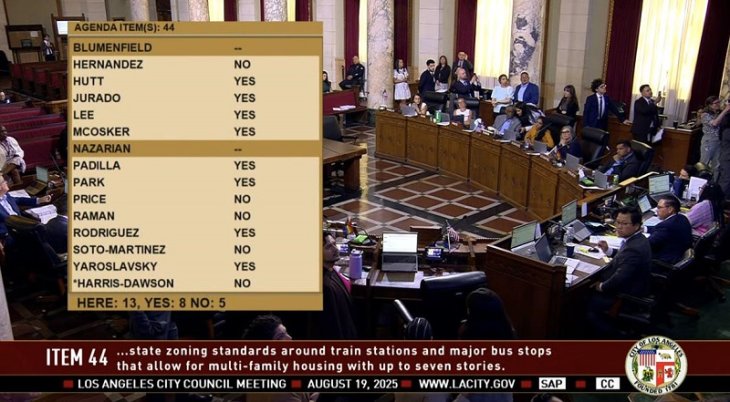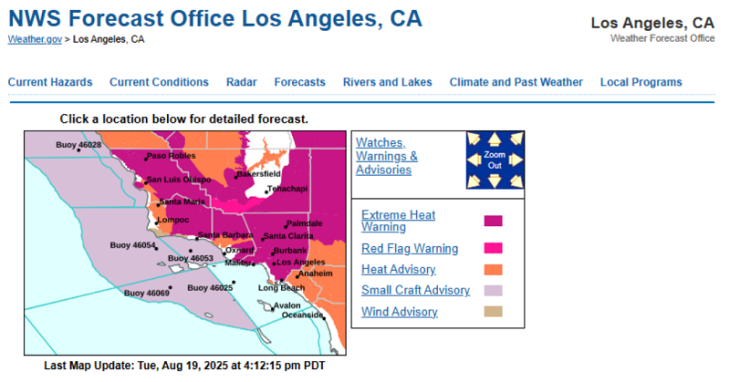
In response to a recent notification by some of our Brentwood residents who have recently been exposed to telephone scams related to their alarm security systems, I wanted to share some information and provide a link to the Federal Trade Commission (FTC).
Email her at 30469@lapd.lacity.org
Federal Trade Commission Alert
House Alarms Can’t Stop Scammers
We moved into our house and immediately installed an alarm system to keep us safe from the bad guys. But even the best house alarms can’t stop everything – like a scammer walking through your front door.
We heard about a new house alarm scam at the FTC’s recent Common Ground conference in Utah.
Here’s how it happens:
A sales agent knocks on your door, claiming he’s there to upgrade or update your house alarm or home security system. It seems like he’s with the company you use – only he isn’t. He walks in, pulls out or disconnects your old system, and installs a new one without telling you. He then asks you to sign a document – but what you don’t know is that it’s a new contract.
Most people don’t know they’ve been scammed until they get a call from their original home security system company, saying the system isn’t responding. Or they start getting bills from two different alarm companies.
Here’s what to look out for to avoid this scam:
- Sales agents who say they represent your current security company and want to upgrade or install a new system. Or a sales person may claim that your security company has gone out of business, and say they’ve taken over your account. They might insist that you buy new equipment and sign new contracts. If that happens, call your current company to confirm, using the phone number on the paperwork you already have.
- Sales agents who push their way into your home, or refuse to leave. It’s always safer to say no to someone on your doorstep before they come in, rather than trying to get a salesperson out of your home. Firmly tell the person no. If they continue to pressure you, close the door and call the police.
- High-pressure or scare tactics. Limited time offers, and pressure to “act now” to protect yourself from supposed crime sprees in your neighborhood are often signs of a scam.
- To report fraud, identity theft, or an unfair business practice, visit gov/complaint, click on the appropriate FTC Complaint
The FTC accepts complaints related to many topics, including:
- Identity theft
- National Do Not Call Registry violations
- Computers, the internet and online privacy
- Telemarketing scams
- Credit scams
- Immigration services
- Sweepstakes, lotteries, and prizes
- Business opportunities and work-at-home schemes
- Health and weight loss products
- Debt collection, credit reports, and financial matters
























